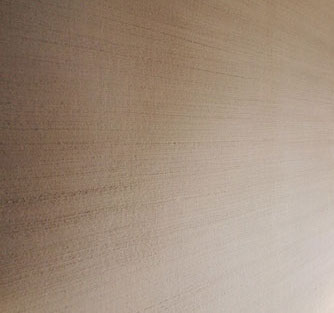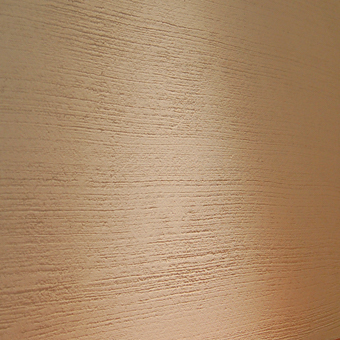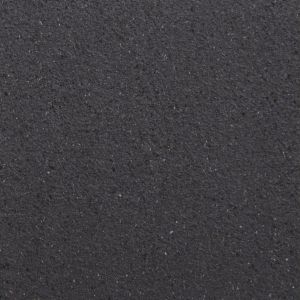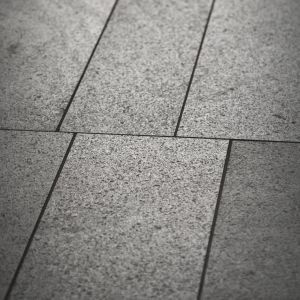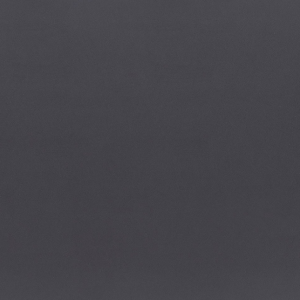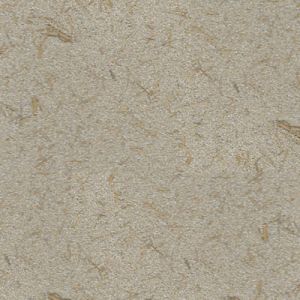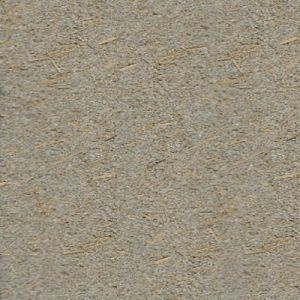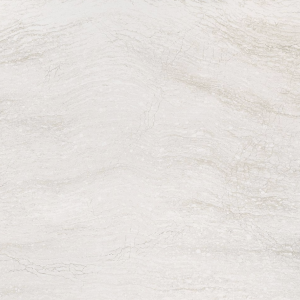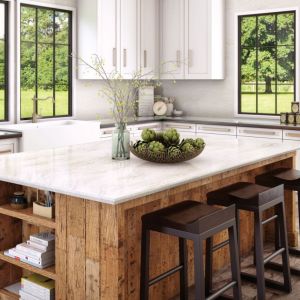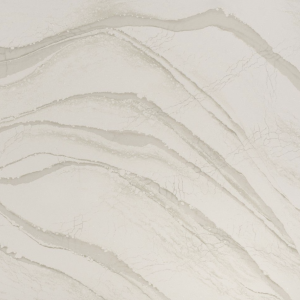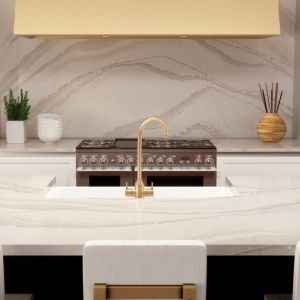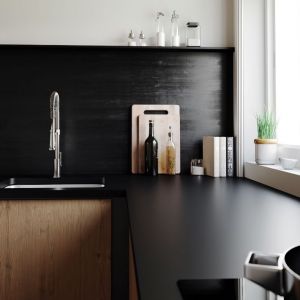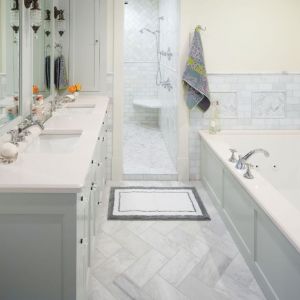bring your Interior to life with SUSTAINABLE surfaces:
The finish materials you use for your interior surfaces become some of the most important focal points. Using an environmentally friendly plaster for interior walls, and other surfaces, can add the unique tactile effect that exudes beauty, sophistication, and luxury. Take advantage of our carefully curated eco-friendly materials to introduce a new standard.
- Eco-friendly
- 100% natural product
- Non-toxic
- Air purifying
- Odorless
- Low VOC
- Controls Humidity
- Easily applied over many surfaces
- Keeps spaces comfortable while reducing the use of air conditioning or heating
USES:
This plaster can be used for indoor wall surfaces.
Color Range
This plaster is a natural material with colors based on the location it comes from and the minerals available. Volcanus is often brown and beige, and we offer it in a variety of earth tones.
Plaster can exhibit mild color variation from bag to bag.
TEXTURE & Visual Pattern:
Plaster’s manual application allows for visual variations and a range of aesthetics. It can be smooth, striated, or applied with a rugged texture.
Carefully selecting the pattern you desire for your project is recommended to achieve the best result. We are available to discuss your options.
Environmental
At our company’s core, we believe the built environment should be constructed with sustainability in mind. That way we all live in a healthier world. We are doing our part by supplying and searching for materials that lighten the load on our planet.
There are many green or environmental aspects of using this plaster. Because we supply it as a powder in bags, it weighs approximately 85% less than gypsum board. Therefore more can be transported on the same truckload, reducing greenhouse gas emissions. Also, the quarrying is 5-9 times more efficient than stone because we only need the powder and not slabs. We recommend this plaster in homes in the Western United States, because it is mined out West. Using local materials is ecologically friendly, and ties the building to the local landscape.
Because of its reduced weight, plaster requires less structural support. This means less lumber, steel, and concrete to produce, ship and install. As a result, we are decreasing the use of our most widely used natural resources.
Historically in the building process, there has been inherent waste of material. This material has filled landfills, instead of being repurposed. Plaster can be returned to nature. This translates to no waste.
This plaster does not contain any VOCs or other compromising chemicals or toxins. It comes naturally from the earth, so it is inherently sustainable. Plaster is also very low maintenance–no need for paint, sealers, or harsh cleaning products. There is no off-gassing from toxic materials, finishes, or adhesives. Plaster has been used in construction for thousands of years, and is still used in relatively the same form.
abrasion resistance: LOW
Plaster has low abrasion resistance. Light scratching will occur with exposure to abrasive items. The finish can damage as a result of this scratching.
Absorption: Moderate
Plaster has a high absorption rate, which is an advantage for interior residential applications. However, oil and highly pigmented liquids can penetrate and stain. To reduce the appearance of stains, wipe up spills immediately.
Acid Sensitivity: Minimal
Plaster is minimally sensitive to acids.
Performance
TEST |
U.S. Measurement |
International measurement |
|---|---|---|
| Mohs Hardness: | 3-4 | |
| Bulk Density | 2,580 kg/m³ | |
| Water absorption at atmospheric pressure | 1.48% | |
| Breaking strength | 990 N | |
| Slip Resistance | 33/35 | |
| Flammability | A1fl/A1 | |
| Frost resistance | 6.4 MPA | |
| Resistance to thermal shock | .03%/3.5% | |
| Resistance to abrasion | 15.9 MM | |
| Uniaxial compressive strength | 155 MPA | |
| Flexural Strength | 6.6 MPA |


